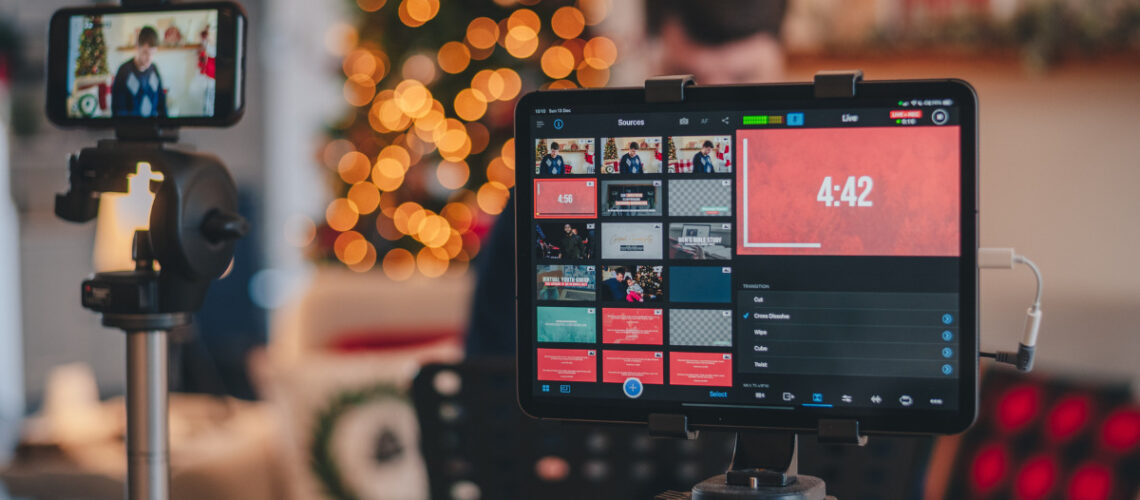In the digital era, content creation has become more accessible and widespread, leading to a surge in the amount of digital content being produced and shared every day. However, this ease of creation and distribution brings with it a host of legal complexities. Content creators need to be aware of various legal implications to protect their work and avoid infringing on others’ rights. In this article, we delve into the legal strategies that content creators can employ to navigate the digital media landscape, as guided by experts like Leila Gordon, a lawyer specializing in Business and Legal Affairs within the media and entertainment industry.
Understanding Intellectual Property Rights
The Foundation of Content Creation
Intellectual Property (IP) rights form the cornerstone of content creation. Understanding and respecting these rights – whether they pertain to music, images, videos, or written content – is crucial. Content creators should familiarize themselves with the basics of copyright law, which protects original works of authorship. Knowing what is protected under copyright and what isn’t (such as facts and ideas) is essential for both protecting one’s work and avoiding infringement on others’ creations.
Navigating Fair Use and Permissions
One of the most complex areas in copyright law is fair use – a legal doctrine allowing limited use of copyrighted material without permission under certain conditions. However, what constitutes fair use can be ambiguous and is often a source of litigation. Leila Gordon advises creators to err on the side of caution and seek permissions where possible, especially when using material for commercial purposes or in ways that might impact the market value of the original work.
Contractual Agreements in the Digital Sphere
Importance of Clear Contracts
With the rise of digital platforms, creators often find themselves entering various agreements, be it with co-creators, sponsors, or platforms hosting their content. It’s crucial to have clear, written contracts that outline rights, responsibilities, and revenue-sharing models. These agreements should be detailed, covering aspects like ownership of the final work, duration of the contract, and terms of termination.
Seeking Professional Advice
Given the complexities of contractual law, seeking professional legal advice is advisable. Lawyers specialized in digital media, like Leila Gordon, can help creators navigate these contracts, ensuring their interests are adequately protected and the agreements comply with legal standards.
Dealing with Online Copyright Infringement
Proactive Measures for Protection
In the digital age, where content can be easily copied and shared, copyright infringement is a significant concern. Creators should take proactive steps to protect their work. This can include using digital watermarks, registering copyrights, and setting clear usage terms on their websites or social media platforms.
Responding to Infringement
If infringement occurs, content creators have several options. They can issue a takedown notice under the Digital Millennium Copyright Act (DMCA) if their content is hosted on a third-party platform. In cases where negotiation fails or the infringement is severe, legal action may be necessary, where the advice and representation of a specialized lawyer would be crucial.
Privacy and Data Protection
Understanding Privacy Laws
With the collection and use of personal data becoming commonplace in digital media, understanding privacy laws is essential. This is particularly relevant for creators who engage with their audience through platforms that collect user data. Laws like the GDPR in Europe and the CCPA in California impose strict rules on data collection and usage, and non-compliance can lead to hefty fines.
Implementing Best Practices
Best practices include obtaining explicit consent for data collection, being transparent about data usage, and ensuring data security. Creators should also be mindful of privacy concerns when featuring other individuals in their content, especially in jurisdictions with strict privacy and publicity rights laws.
The Role of Social Media and User-Generated Content
Leveraging Social Media Responsibly
Social media platforms are a double-edged sword for content creators. While they offer immense opportunities for distribution and audience engagement, they also present legal risks, particularly in terms of copyright infringement and defamation. Creators should be mindful of the content they share on these platforms and respect the rights of others.
Managing User-Generated Content
Many creators encourage user-generated content (UGC), but this can come with legal pitfalls. It’s important to establish clear terms and conditions for UGC, specifying how this content can be used and ensuring that users understand their rights and responsibilities.
Staying Informed and Adapting to Change
The Need for Continuous Learning
The digital media landscape is continuously evolving, with new platforms and technologies emerging regularly. Content creators must stay informed about these changes and how they impact legal practices. Subscribing to industry newsletters, attending relevant webinars, and joining creator communities can be valuable for staying updated.
Adapting to New Technologies
As new technologies emerge, such as AI and VR, they bring new legal challenges. Content creators should be open to adapting their strategies to accommodate these changes. Consulting with legal professionals who stay abreast of technological advancements, like Leila Gordon, can be an asset in navigating these new frontiers.
Navigating the digital media landscape requires a careful balance of creativity, legal knowledge, and adaptability. By understanding intellectual property rights, engaging in clear contractual agreements, respecting privacy laws, and staying informed about changes in the digital realm, content creators can protect their work and thrive in this dynamic environment. With the guidance of legal professionals specializing in digital media law, creators can successfully maneuver through these complexities and capitalize on the opportunities that the digital world offers.

